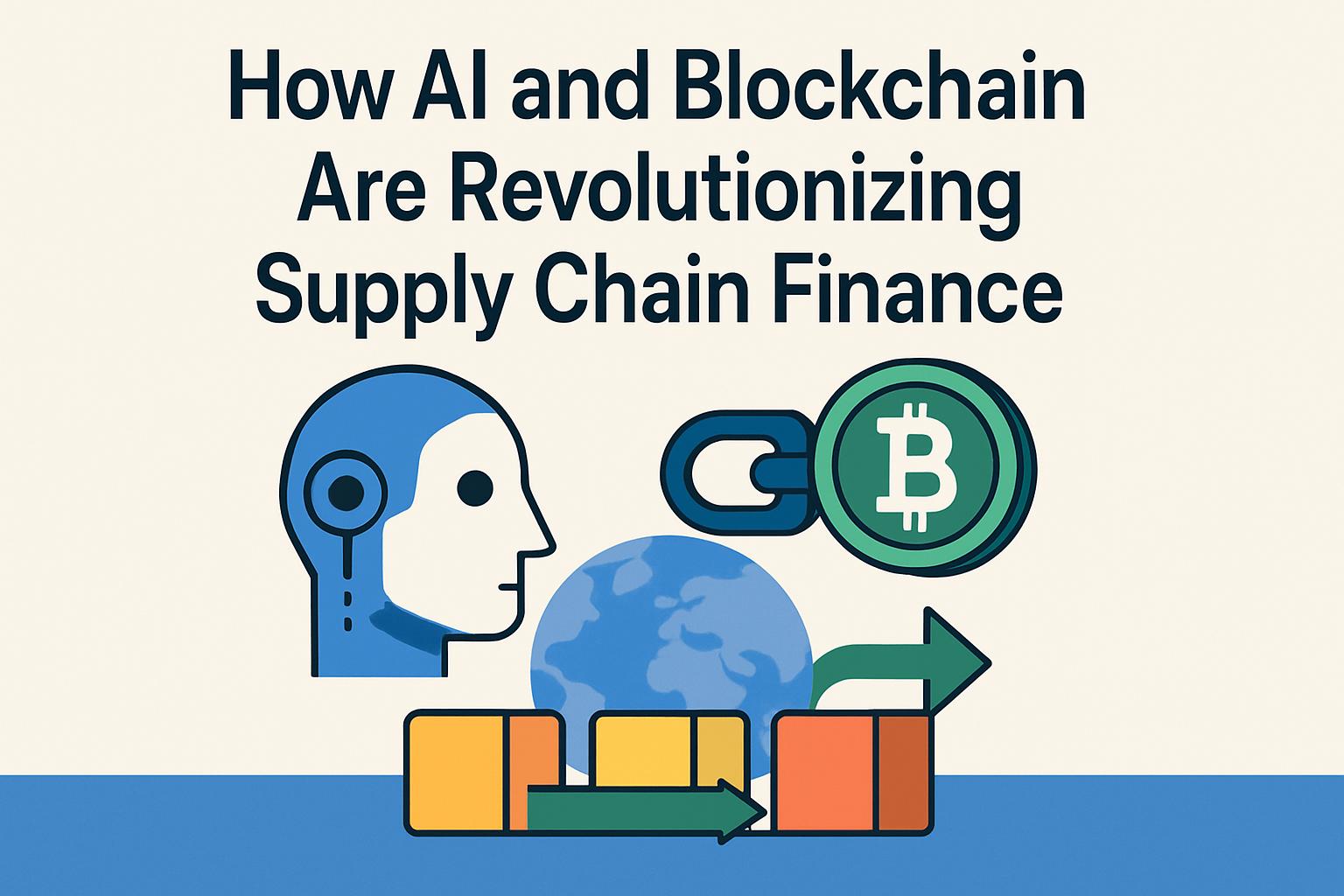The global economic landscape is shifting rapidly, and businesses are feeling the pressure of currency fluctuations, inflation, energy crises, and geopolitical strife. This volatility has prompted enterprises to re-evaluate their supply chain strategies. In this dynamic environment, fintech innovations and stablecoins are finding their place in the sun.
Explosive Growth in Supply Chain Finance
Supply chain finance is burgeoning as businesses seek to streamline their operations and enhance cash flow. According to 2024 data, the global supply chain finance market has reached $7.5 billion and is projected to double, reaching approximately $15 billion by 2033. This annual growth rate of 8-9% presents significant opportunities for financial firms. For supply chain participants, the ability to secure real-time cash flow and raise financing efficiency could be crucial for competitive differentiation.
AI and Automation: The Future of Supply Chains
A staggering 82% of companies are keen to invest in IT solutions for their supply chains, with particular emphasis on AI and automation. By 2030, over 10% of supply chain solutions are expected to incorporate AI decision agents, automating processes from production to accounts receivable management. AI’s integration could redefine operational efficiency and decision-making.
The Fintech ABCD Framework
Fintech’s core is encapsulated in the ABCD framework, which stands for Artificial Intelligence, Blockchain, Cloud computing, and Big Data. Financial institutions are progressively using big data and AI to transcend traditional credit assessments based on financial statements and capital structure. Instead, they leverage data-driven insights. Manufacturing sectors benefit equally by enhancing supply chain management and logistics efficiency through AI integration.
Pioneering Blockchain Solutions
Leading the charge in blockchain innovation since 2020, Cathay Financial Holdings launched a global trade-sharing blockchain platform. This digital shift aims to replace traditional paperwork, mitigate duplicate financing risks, and enhance transparency. Recently, stablecoins, particularly in cross-border payment scenarios, are gaining traction due to their instant and low-cost characteristics, potentially posing a significant challenge to conventional finance models.
As the financial world hones in on these transformative technologies, staying ahead means embracing innovation and navigating these trends with agility and insight.

![[News] Bitcoin at a Turning Point? 10x Research Signals a Bullish Macro Shift Ahead](https://cryptoexplores.com/wp-content/uploads/2025/06/new20250616.jpg)
![[News] Binance Lists $HOME, the Gas-Free, Bridge-Free All-in-One DeFi App](https://cryptoexplores.com/wp-content/uploads/2025/06/news20250617.jpg)